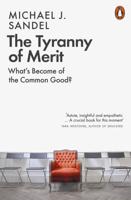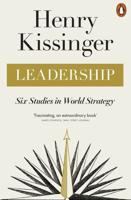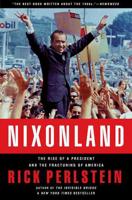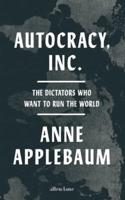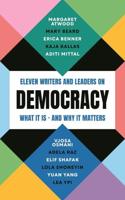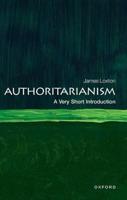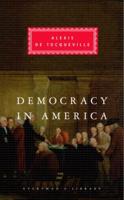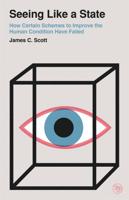Publisher's Synopsis
With gridlock, presidents increasingly rely on unilateral actions - means not requiring legislative statutes - which many view as tantamount to power. Using a variety of approaches, Chiou and Rothenberg show that this need not be the case as, under many conditions, the chief executive's employment of such tools is constrained. Rather, presidents contemplating issuing executive orders are often constrained by worries about challenging the legislature and the courts. Most notably, the ability of Congress to employ extra-statutory means, involving efforts by legislators and their parties that don't require passing a law, limit how presidents utilize their discretion. Additionally, political parties can influence presidential choices and actions both by restricting the ideological direction in which presidents can push policy via discretionary authority and by agenda-setting and disciplining members in the legislative process. Nor are all presidential actions equal, as the policy area involved and the importance of an action condition presidential power.


